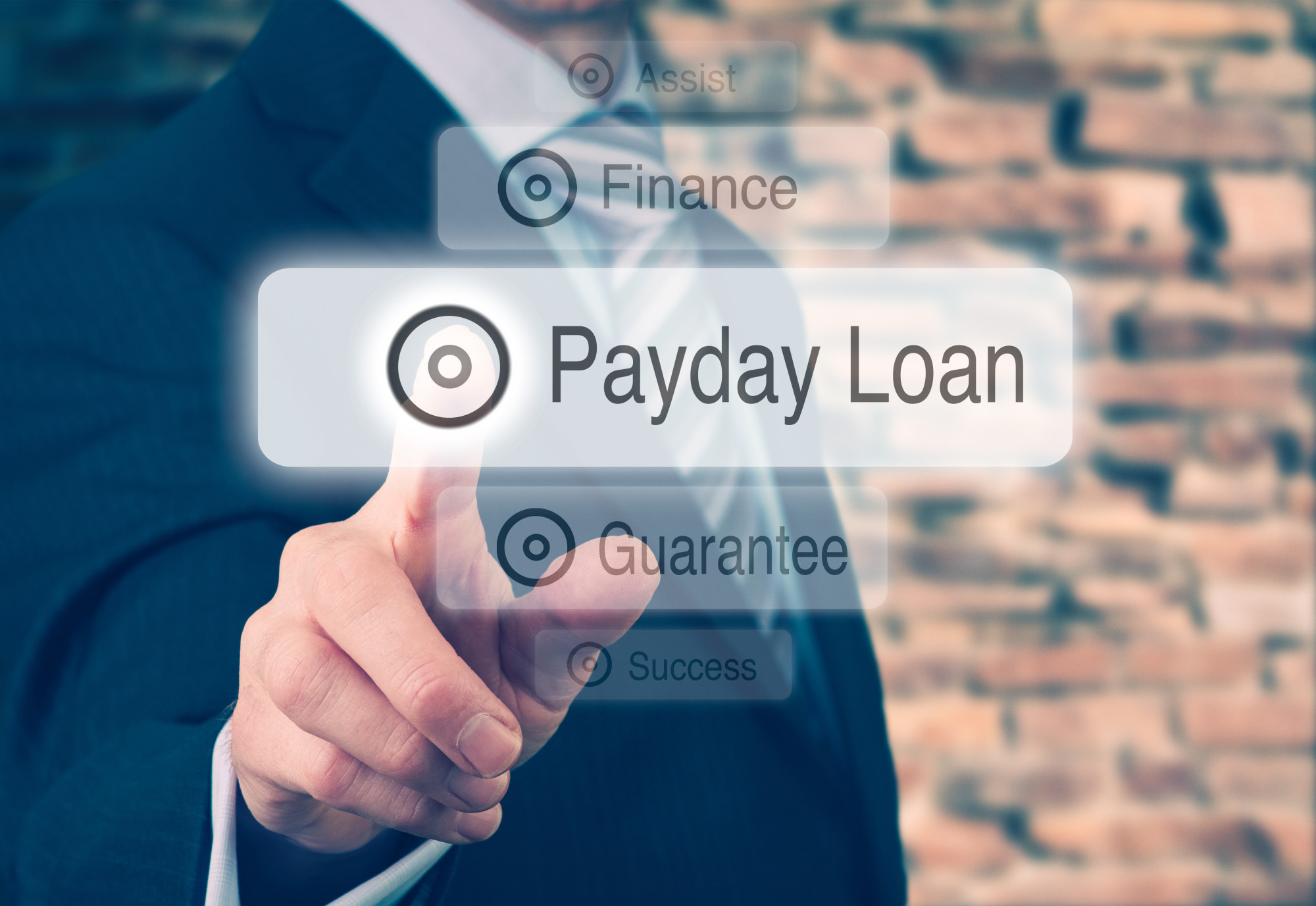Payday Loans for People on Benefits: How Do They Work and What Should You Consider?
Payday loans are short-term loans intended to help people with unexpected expenses or financial emergencies. Payday loans on benefits are short-term loans that are specifically designed for people who receive benefits like disability or unemployment. Payday loans for people receiving benefits can be helpful for those in need of emergency funds. However, it is important to understand their requirements and qualification. This article will examine how payday loans for people on benefits work, the risks and benefits of these loans, and how to qualify.
Table of Contents
Payday Loans and Benefits-Based People
Payday loans to people receiving benefits are very similar to payday loans. They are both short-term loans typically due on the borrower’s next payday. These loans, however, are only available to those who receive government benefits as their main source of income. Loan amounts range between a few hundred and a few thousands of dollars. Repayment terms usually fall between two to four weeks.
Payday Loans for People on Benefits
People on benefits are often more likely to qualify for payday loans than traditional ones. Many lenders do no credit checks and base lending decisions on borrowers’ ability to repay and their income. This is particularly beneficial to those with bad credit or limited credit history.
A payday loan can be an excellent way to get emergency funds for people receiving benefits. The application process can be quick and simple, and the funds are usually deposited within a couple of days or hours after approval.
Risks of Payday Lending for People on Benefits
Payday loans can be risky for those on benefits due to the high borrowing costs. Payday loans usually come with high rates of interest and fees. These can quickly add up and make it impossible for borrowers on benefits to repay their loans. This can result in a debt spiral where borrowers must take out more loans to cover their previous loans. They end up paying much more for interest and fees.

A payday loan for people receiving benefits can also be a predatory practice. Some lenders will target vulnerable people with excessive interest rates and fees, such as those on benefits. It would help to choose a reputable loan provider and carefully read the loan terms before accepting.
Payday Loans and Benefits
People who receive benefits to be eligible for a loan will need proof of their income. They may ask for a statement from the government or a pay slip. A good-standing bank account is also required, as it’s where the funds for the loan will be deposited.
Conclusion
Payday loans are an excellent option for those on benefits who need money for an emergency. Cash can be accessed quickly, and without credit checks, so they are an option suitable for people with low credit scores or limited credit history. They may have high-interest rates or fees as well. Consider carefully the loan terms, find a reputable lender, and investigate alternative options before taking out a cash advance. By being informed and taking responsibility, borrowers can avoid the debt spiral caused by these types of loans.
